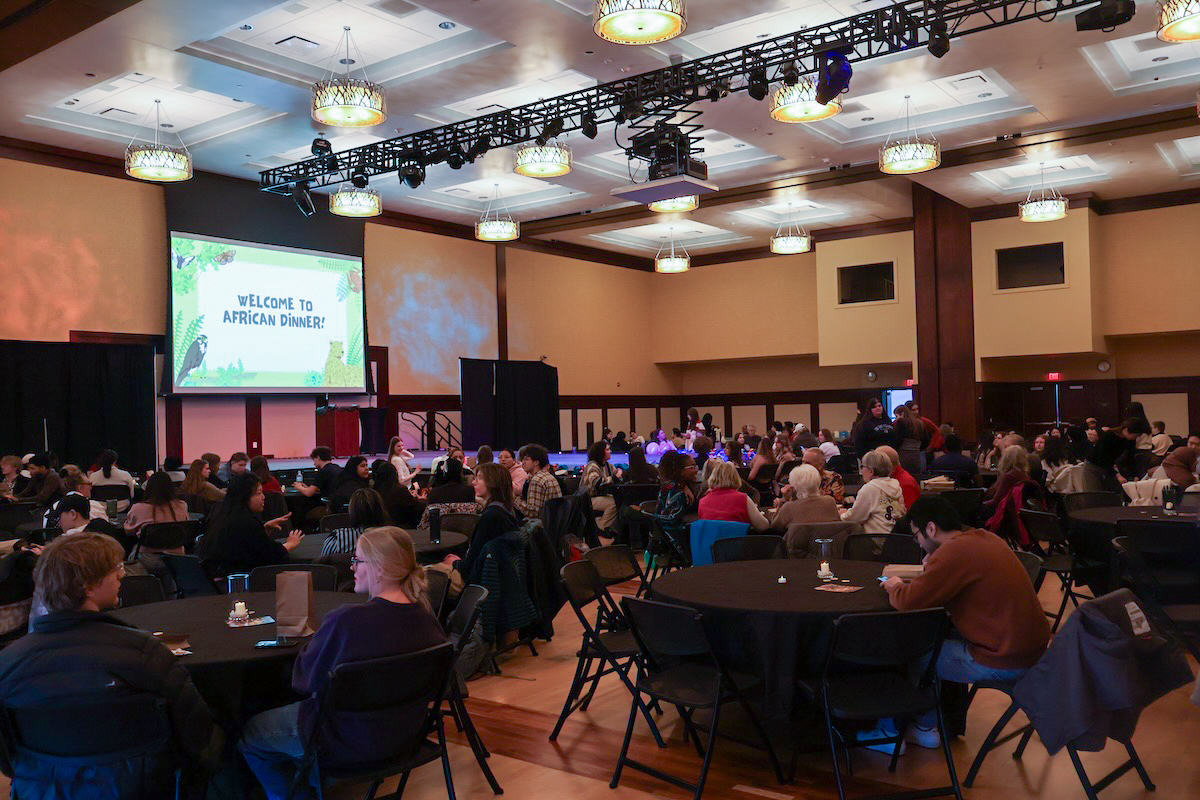Student Health Services will potentially be going through some major changes in regards to location and funding in the near future.
There are a few reasons to be looking at SHS at this point in time.
Katie Wilson, the SHS health educator, said because of the university’s potential plans for restructuring upper campus, SHS may not be housed in the Crest Wellness Center on upper campus much longer.
“There is honestly no room for SHS,” Wilson said. “Hilltop is going to be restructured for primarily dining, which means Crest is turning into where recreation will be housed. That means that we don’t necessarily know where SHS will be in a few years down the line.”
As it stands currently, students pay $65 each semester in segregated fees to have access to the healthservices.
Wilson said this is necessary for students who seek medical attention and a small fee, if any, to comeinto SHS.
“With that money (the students) get unlimited office visits, many services at no charge,” she said. “Our mental health visits are no charge, and then there are nominal fees for things like lab work and athletic visits. We’re funded by the student segregated fees so there is no co-pay so I feel like that is valuable.”
Wilson also said there are talks for possibly having some of SHS’s services outsourced to other hospitals in the community, due to the possible change in money contributions from student segregated fees.
“We already outsource some of our lab work,” she said. “We send some of those out to second parties. We run normal business hours, so something that might happen is for after-hours care we contract somebody in the community and work with them.”
Another reason for outsourcing, and with that, privatized funding is because of the possible lowering of the amount of student dollars being spent on the services.
Student Body President Corydon Fish said SHS accounts for 33 percent of the total student segregated fee budget allocation.
“We want to see if it’s possible to lower (the amount allocated),” Fish said. “If it’s possible, there are a lot of other things on campus thatare hurting.”
Fish said SHS asks for double digit increases regularly just to maintain its current services, mostly to cover salary increases and occasional equipment replacements.
Student Wellness Advocacy team member Klaira Lerma said there is student involvement wanting SHS to stay status quo, instead of having the services set up somewhere other than on campus.
“A lot of students are writing in letters saying they like how Student Health Services the way it is,” Lerma said.
Bids have been placed by several hospitals around the city. Even though Eau Claire does not have to accept any offer by anyone, they arefielding offers.
Lerma also said if they choose to collaborate with another business, the process would be debated and looked over extensively. The cost would be a determining factor.
“UW Health, Mayo, Sacred Heart, Luther are some potential possibilities,” she said. “They’re going to let us know. We told them what services we need and they’re going to tell us how they can give those services, and at what price.”
Dean of Students Brian Carlisle said before he arrived, the university was in a review process of counseling and health services.
“The summary of their findings was that health services and counseling services should continue to be operated in house, but when resources, space and finances became available, they should be merged into one unit,” he said.
Carlisle said when he came to work at Eau Claire, he and others met with former Chancellor Brian Levin-Stankevich, who thought an element was missing from the review was an assessment of having outside parties provide the health services
on campus.
After a Request for Information process which was sent out to private vendors, the issue was taken to the Student Senate.
At the beginning of the Fall 2012 semester, Director of SHS Laura Chellman and Carlisle presented a study to the Senate showing for what the services were primarily being usedby students.
The report stated that there were 11,690 visits to SHS for the 2011-2012 school year. The top four reasons for visits were contraception management, depression, anxiety and sexually transmitted infection checks.
The Senate then formed a special committee and held public forums for students to attend and give their opinions on the current state on the campus’ health services.
Carlisle said the group currently looking into SHS will have a proposal out by mid- to late-April of what they want out of the service. The process will continue with more student input before anything is finalized.







